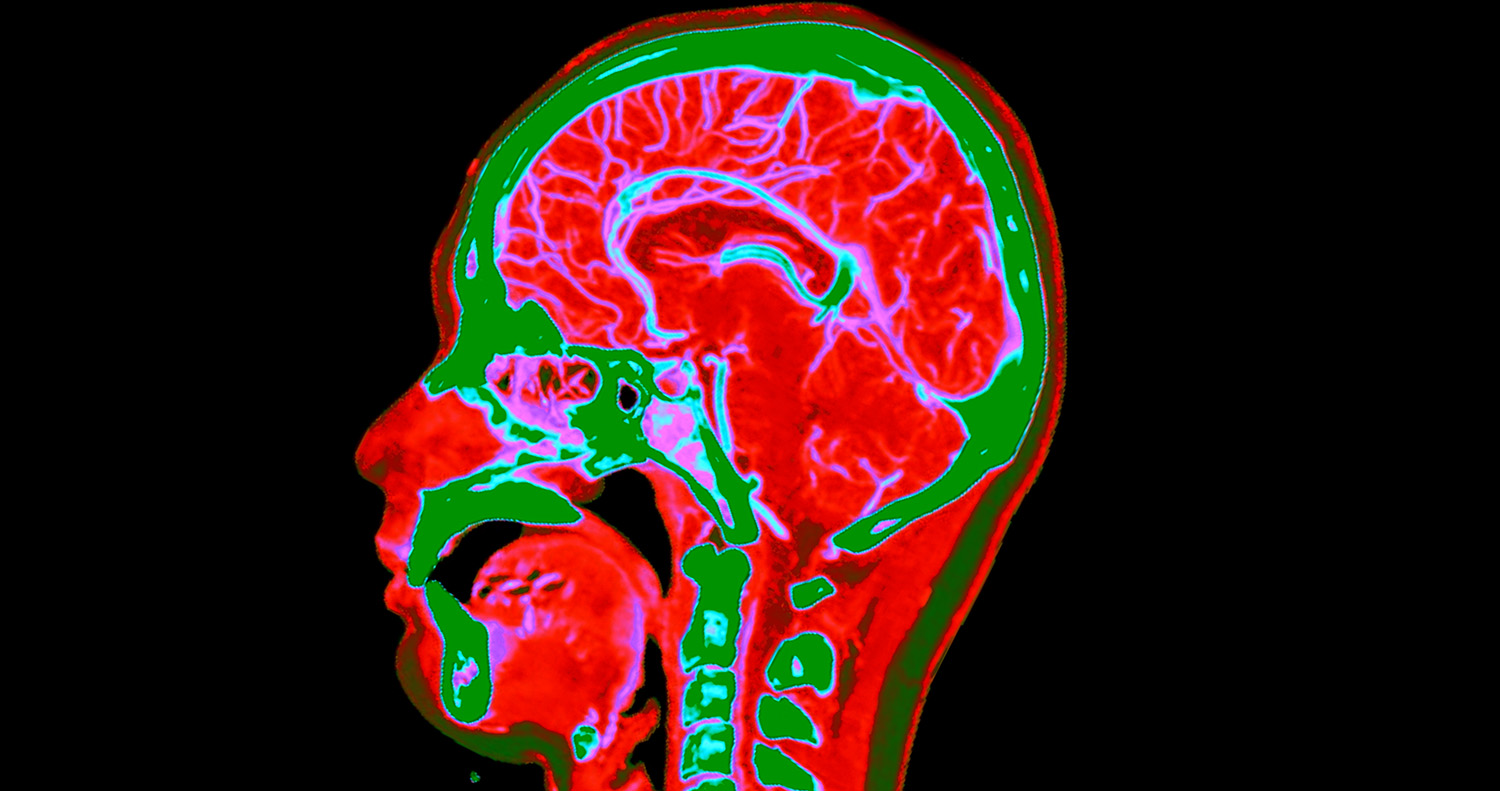Ostrow research team uncovers the underpinnings of head and neck cancers

Posted
11 Jul 24
A new paper published in the journal Proceedings of the National Academy of Sciences shows how an amino acid may hold the secrets of oral cancers.
UPPER AERODIGESTIVE SQUAMOUS CELL CARCINOMA is a common and aggressive malignancy — it attacks more than half a million people each year, leaving them battling fatal tumors in the airways of the head and neck. Even with so many individuals impacted, there are few effective therapeutic options.
Assistant Professor Dechen Lin may just have a solution. New research conducted at Ostrow’s Center for Craniofacial Molecular Biology shows that a pathway of a particular amino acid may be critical in shutting down the growth and proliferation of oral cancers, and a specific diet could be a treatment.
Finding the culprit
Lin started by noticing that a small amino acid called methionine is present in very high amounts in oral cancers — more than any other type of cancer tumors. Methionine is not produced by the body, and must be consumed through diet — the molecule is found in foods like shrimp, eggs and beef. “We were just intrigued,” he says. “If something is this high, it must be very special.”
His team started to study the ways the body moves methionine around cells, through a transporter called LAT1. By blocking the transporter, the team was able to see how the pathway worked in an animal model.
The new paper, published in the journal Proceedings of the National Academy of Sciences, also shows how methionine can be used against the growing tumors. Lin points out that most therapeutics, like chemo and radiation therapies, have been around for decades —and can come with huge side effects.
By targeting this amino acid for future treatments — with both drugs and diet-based interventions — patients could have a much more effective treatment path.
Who is the best candidate?
Using animals and lab-grown organoids from the tissues of real patients, Lin and the team showed that a special diet lacking in methionine blocked the pathway, tumors grew much more slowly – about half of those in animals on the regular diet. “This vulnerability is specific for cancer, because the cancer cells feed on this methionine,” Lin explains. “And if we take it away, they die quickly, but normal cells do not die quickly. They don’t really care much. So that’s a perfect window.”
Lin has been working with physicians at the Keck School of Medicine of USC on a future clinical trial that would focus on a low-methionine diet for patients with these oral cancers. The study also included Uttam Kumar Sinha, medical director of Head and Neck Surgery at the Keck School of Medicine.
In the future, Lin said he would like to further investigate which patients might get the most benefits from interventions. “Now, we have something that’s cancer specific,” Lin explains, “which gives us hope that if we use this right, maybe we’re able to cure the cancer cells, but spare normal cells.”